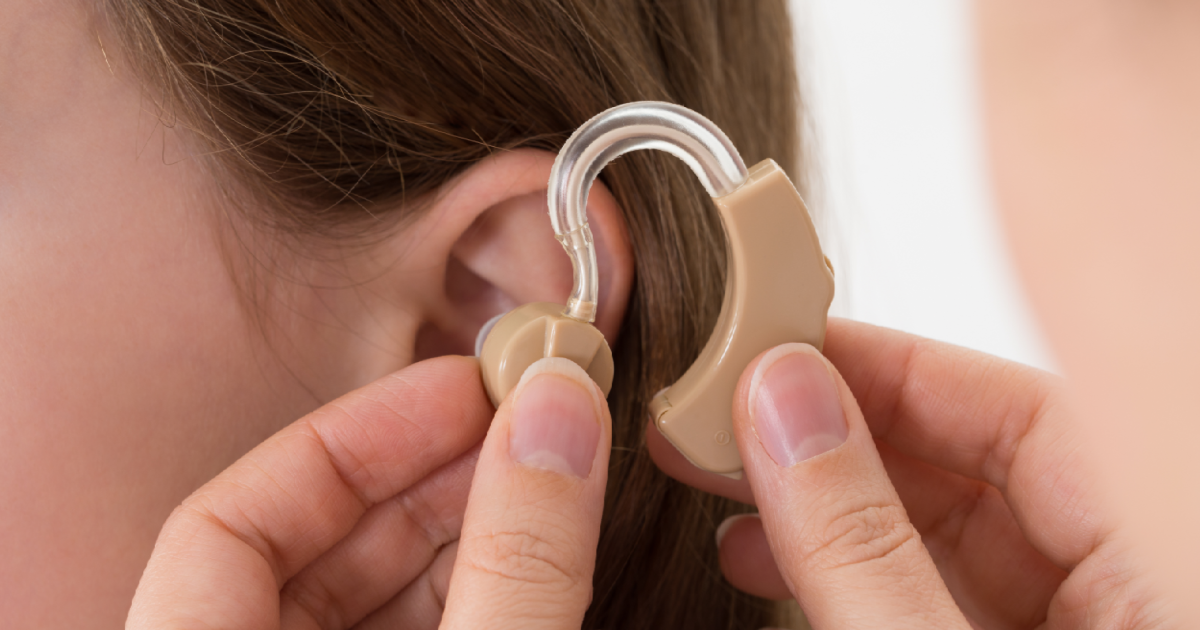The field of Audiology is about 55 years old in India
Audiology is a branch of science that studies hearing, balance and related problems. Audiologists are healthcare professionals who use technology, create problem-solving and social skills to identify and treat hearing and balance problems and thus help people communicate and connect better with the world around them. The field of Audiology is about 55 years old in India and has grown exponentially in terms of manpower development, technological advancements and public awareness.
According to WHO (March 2020) around 466 million people worldwide have hearing disability and 34 million of these are children. The way we deal with hearing loss is in the midst of a revolution with enormous changes and new approaches to testing and more affordable and effective treatments are clearing the way for healthier hearing. For instance, in most of the developed countries, Universal Hearing Screening is mandatory for every new born child.On the other hand most of the developing countries are in the process of streamlining these programs. In India most of the public and private hospitals in bigger cities have already started the program and government is working to implement this at secondary and primary healthcare facilities.
These tests are simple, painless , easy to carry out and give immediate results. Early identification of hearing loss in children can help with timely intervention which may include surgery, hearing aids or cochlear implants etc. These children can be mainstreamed in schools and lead an absolutely normal life and thus preventing a lifelong burden on parents, caretakers and in turn on the society.
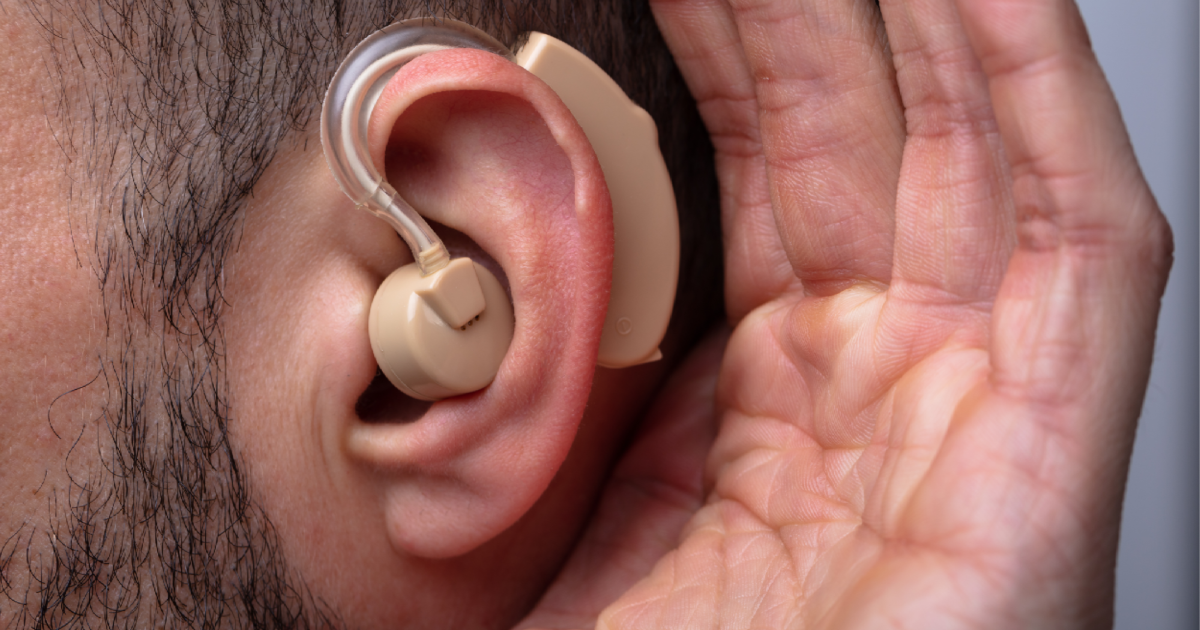
Studies have time and again proved that adolescents’ focus and priority in their teenage Without mandated routine hearing screenings in schools, students with unilateral, less severe or late-onset hearing loss may not be identified or will be misdiagnosed and managed
Moving forward, school-age hearing screenings are an integral tool in identifying children with hearing loss who were not identified at birth, lost to follow-up, or who developed hearing loss later. Without mandated routine hearing screenings in schools, students with unilateral, less severe or late onset hearing loss may not be identified or will be misdiagnosed and managed. Unfortunately, very few such programs are available in India at the moment and no guidelines are in place by policy makers.
Hence the role of pediatricians becomes vital, to identify any children who could have any degree of hearing loss across various age groups and refer them to audiologists for timely intervention. Most of the audiologists in our country are qualified and trained to conduct these advanced tests which not only tell us the degree but also the type of hearing loss. These objective tests are called electrophysiological tests like BERA, ASSR etc which can be carried out as an OPD procedure. Nonetheless, technical expertise is required to conduct and interpret the test findings and suggest an appropriate intervention. Also, there is an estimate that 1.1 billion young people (aged between 12–35 years) are at risk of hearing loss due to exposure to noise in recreational settings or as an occupational hazard. In particular, it’s due to the excessive use of headphones and earbuds that are perpetually on the heads of countless young people today.
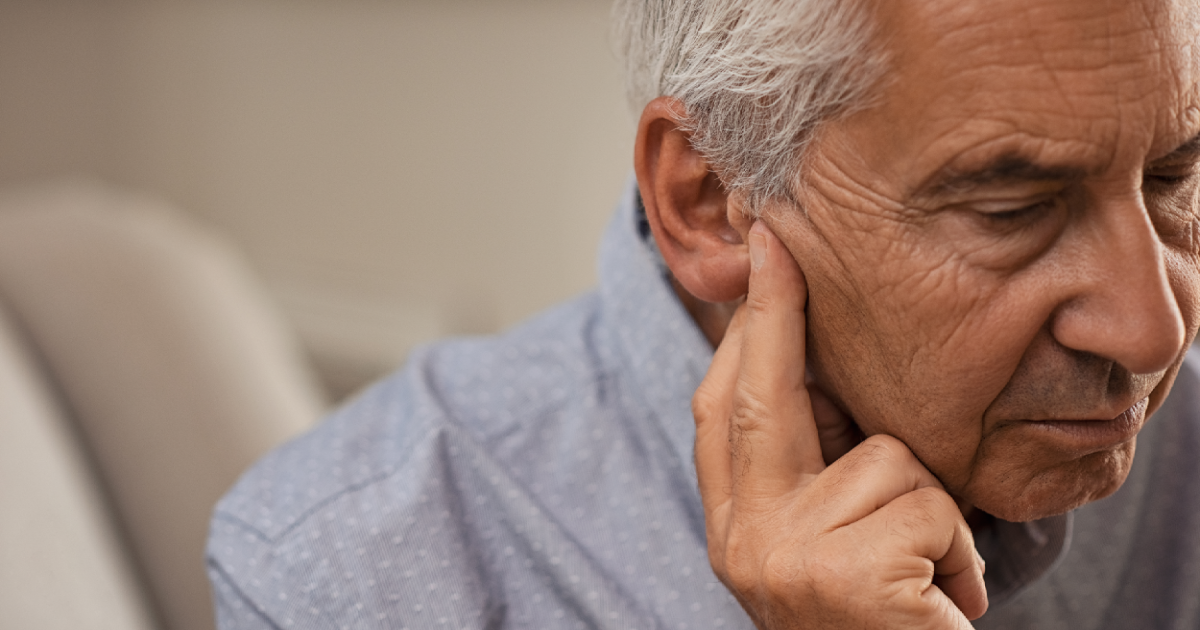
Audiologists play a vital role in educating the masses about such lifestyle changes which can keep your ears safe and hearing intact.
Audiologists play a vital role in educating the masses about such lifestyle changes which can keep your ears safe and hearing intact. More and more work needs to be done in this area. Like other health conditions, hearing should also be checked periodically. Hearing tests are simple subjective tests done in a sound proof chamber and most of the hospitals have these facilities. In the last decade, we have seen a gradual increase in the number of young adults coming to get a routine hearing test for themselves but a lot needs to be done still.
Age-related hearing loss (presbycusis) is the loss of hearing that gradually occurs because of the natural aging process or as we grow older. It is one of the most common conditions affecting our senior citizens and elderly. Technology has come a long way for this age group. From diagnostic tests for intervention options there is a wide array of solutions available to address any kind of hearing loss.
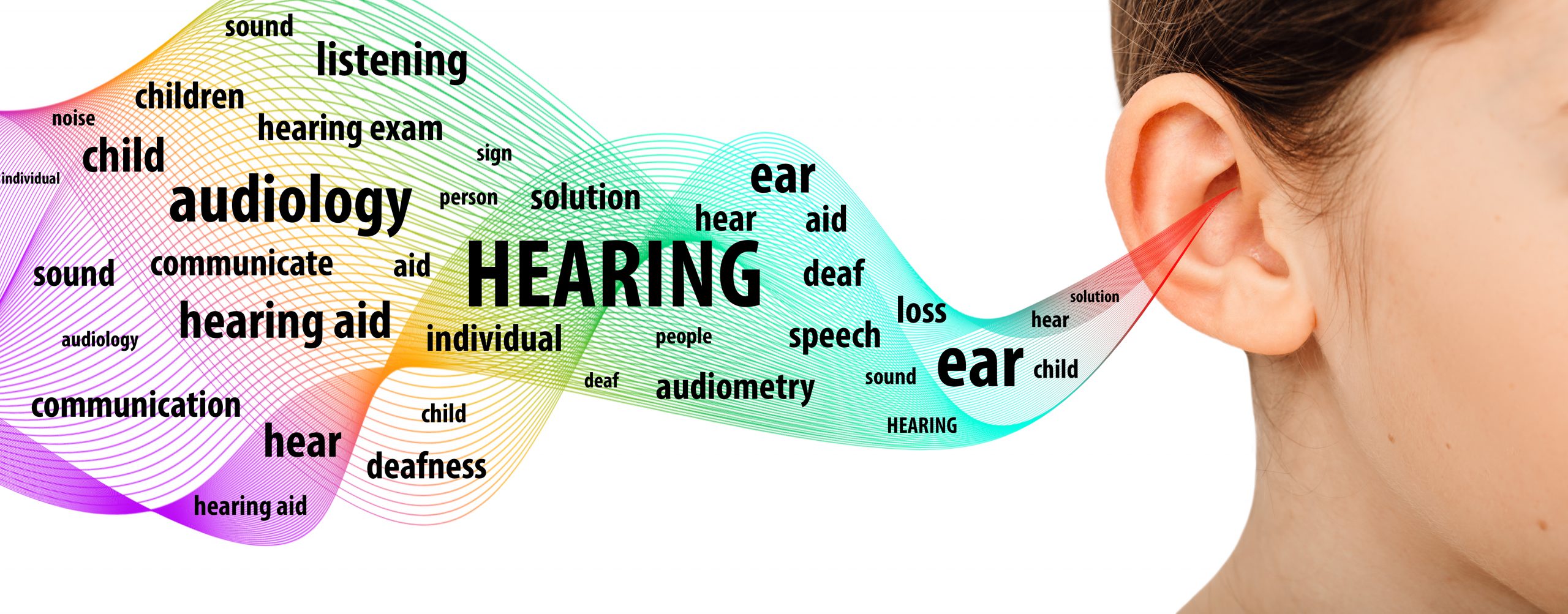
Hearing aids over the last 10 years have undergone a big change … and have really started to meet the needs of people with hearing impairment far better.From atime when they were body worn, aesthetically unappealing with poor performance,working with AA batteries they are now small, discreet. Rechargeable and have smart phone connectivity directly.Further principles of artificial intelligence have also been incorporated in latest hearing aids.
In India we have access to all the latest technology and few of the places do offer international level of patient care.But still there is a long way to go in awareness and education of masses to avail these advancements. Similarly,when hearing aids do not benefit cochlear implants can be done for those individuals irrespective of the age.India has some fine surgeons and very well qualified audiologists to carry out these procedures with all international acceptable norms.
To conclude field of Audiology in India has come a long way,but still has a long journey ahead to reach at all levels of patient care.
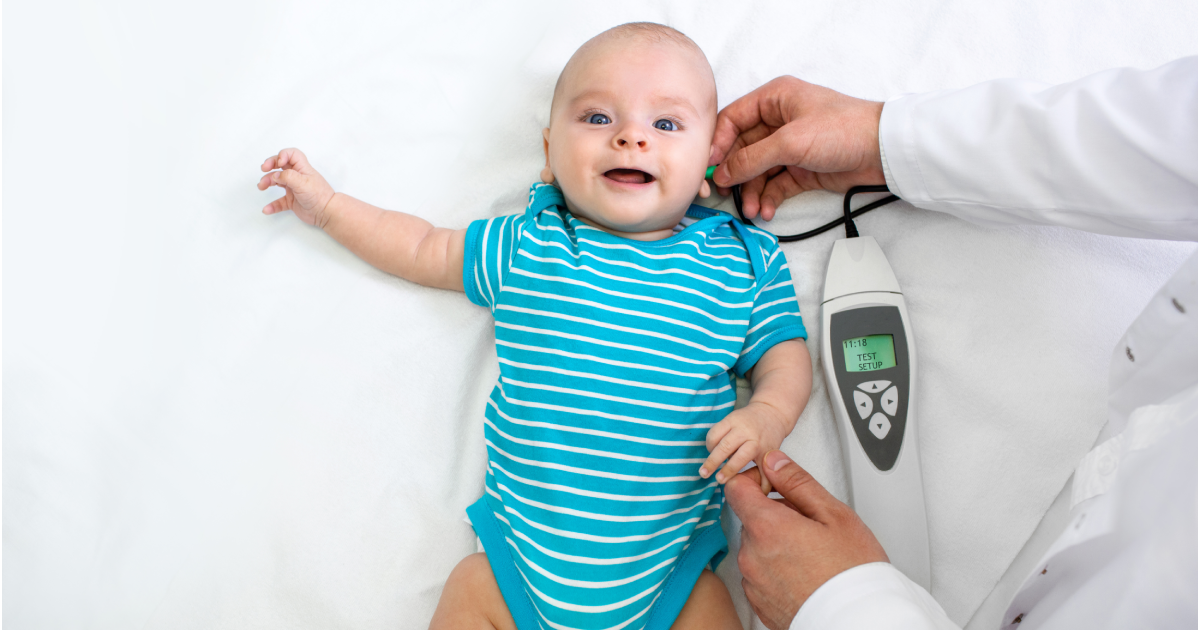
Dr. Raj Sharma is an alumni of Cornell Ivy League University, New York and Graduate from AIIMS, NewDelhi,India. He is an emblem of medical, allied medical and corporate entrepreneurship.His dynamic professional expertise is backed by over 12 years of entrepreneurial experience insteering initiatives towards achieving organizational goals and rendering responsibilities related toHealthcare Business Management.Raj Sharma is the director of Priority Hearing Care.

